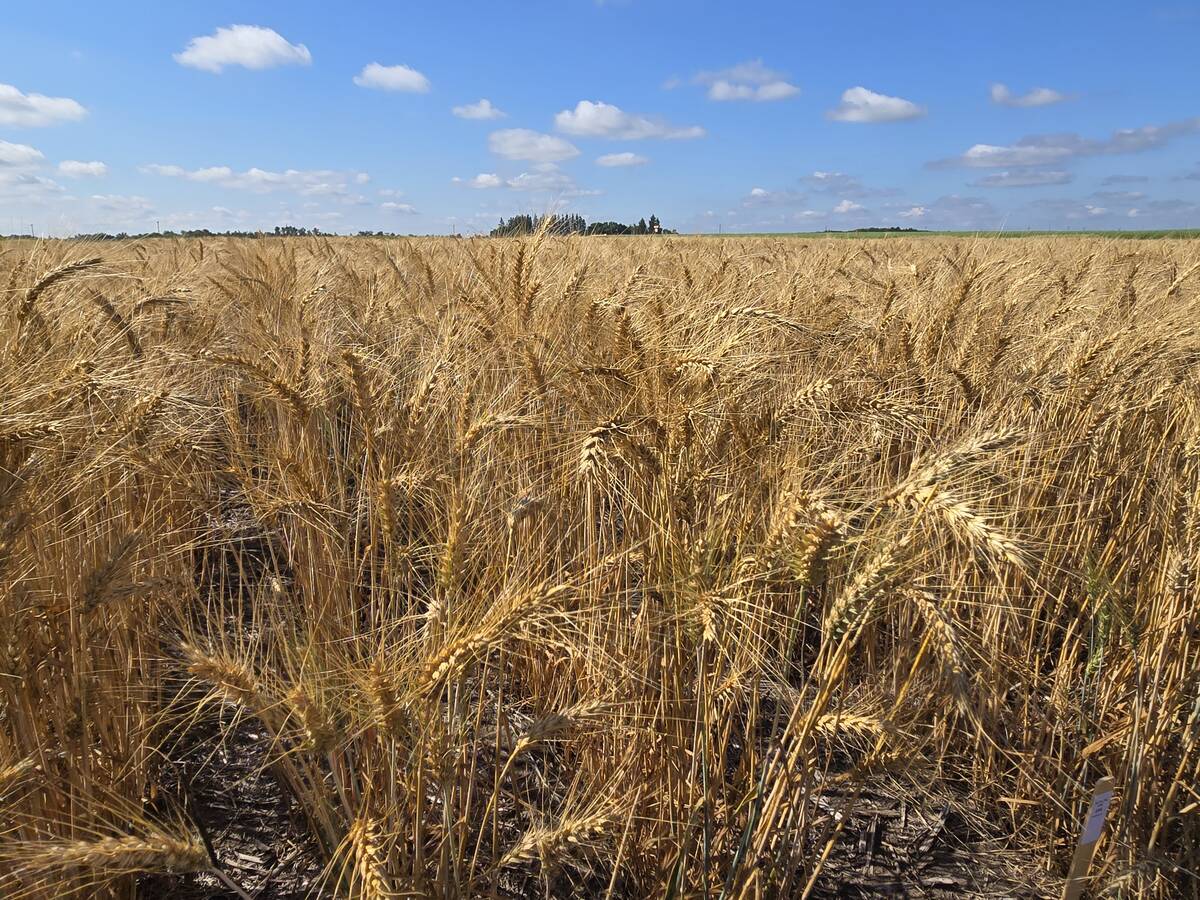Federal agriculture minister Gerry Ritz appeared happy at times last week to describe the Canadian Wheat Board as an ally, particularly on trade issues.
One example was the Conservative push to get a free trade deal with Colombia through Parliament over opposition objections.
“Even the wheat board, love them or hate them, supports the Colombia free trade deal,” he told the House of Commons agriculture committee March 17.
“They know there’s a tremendous opportunity down there for farmers to grow that market exponentially.”
Read Also

Fall rye hits record high in Manitoba
Winter cereals 2025: More Manitoba fields grew fall rye in 2025 than ever before, but winter wheat slipped and, while spring stand survival was good, drought took its toll
At other times, however, the board became the traditional Conservative punching bag that can’t do anything right.
While the board has been trying to change its policies “to mirror the free market,” Ritz said, it cannot get it right.
“They just can’t seem to get a business model that works,” he told committee members.
“They do a terrible job in the futures market and then take from the pool accounts to cover it off and then putting it back.”
It was part of a dual message that the minister brought to the committee. He wants to see changes at the board but is unclear about how it will be done.
Ritz confirmed to Conservatives on the agriculture committee that he plans to continue to push for changes at the CWB but stopped short of saying he would once again try with legislation to end the monopoly.
He said the first step will be to change the rules governing the voters’ list for CWB director elections, requiring that an eligible voter have delivered at least 40 tonnes to the board over the previous two years.
Although the Friends of the CWB is fighting that proposal in court, Ritz said he has a key ally.
“The wheat board actually agrees with us in moving forward on that,” he said.
“We’re talking a 40-tonne requirement that you have to have grown in the last two years in order to be called a farmer. That’s not a lot. You can do that in your garden on a good day.”
He said he also wants to see other changes, “and we’ll move ahead as quickly as we can, working with the board.”














